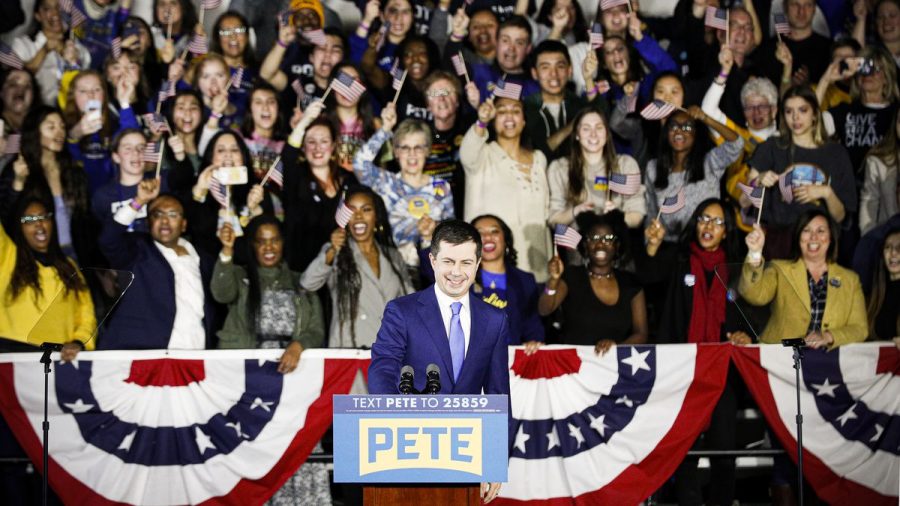The Iowa Caucus debacle
An election fiasco unraveled Monday evening as the Iowa Democratic Caucus failed to release election results in the first voting contest. The much-anticipated results were scheduled for release around 8:30 P.M. on Monday night, but voters around the nation were kept waiting for hours. When the party finally addressed the issue on Tuesday morning, they cited app issues as the cause of the delay.
This mishap shows the general lack of knowledge about technology in the United States’ political system, which is concerning given the prevalence in technology. Something as simple as an app should be no problem for an organization as powerful as the DNC (Democratic National Convention).
However, this is not the first time that politicians have shown their struggles with technology. Two years ago, Mark Zuckerburg, the CEO of Facebook, testified before Congress to defend Facebook’s purported privacy violations.
The Congressmen proceeded to embarass themselves with inept questions that perfectly summed up their relationship with technology. Senator Lindsay Graham asked “is Twitter the same as Facebook?” and Senator Orrin Hatch inquired “how do you sustain a business model in which users don’t pay for your service?” It’s obvious to anyone that knows the slightest bit about technology that Facebook and Twitter are different and that most online companies don’t charge subscriptions, but instead make their money through advertisements.
The Zuckerburg hearing is only one example of politicians’ ignorance when it comes to the internet. Their ineptitude has been evident for years and the Democrats are currently dealing with the consequences.
The Democrats have not only shown their incompetence with technology but have also sabotaged their chances in the upcoming election. Of course, President Trump jumped on the bandwagon by tweeting that the Iowa caucuses were an “unmitigated disaster” and that “Nothing works, just like they ran the Country.” When the Democratic officials finally released their results, only 67% of voters were accounted for. Furthermore, Mayor Pete Buttegieig was in the lead, which was surprising to many.
Bernie Sanders’ supporters immediately began accusing the Caucus of being rigged, just like they proclaimed in 2016. Before long, a feeding frenzy resulted and every candidate began pointing fingers and expressing their hatred for each other. Many Sanders supporters have avowed that they will not vote for Buttegeig and vice-versa. In the end, strong divisions between the front runners’ voters will severely damage the party’s chances of defeating Trump. In fact, it will make it nearly impossible.
If politicians spent time focusing on learning how technology works, they would not only avoid similar embarrassments, but would be able to relate to the younger generations and prepare the country for the future. After all, technology is controlling large aspects of what many people do and political ignorance of this is not only hurting the Democratic party but the United States.
Regardless of what party a politician identifies with, they must make efforts to become better acclimated with computers for the greater good of their own parties and for America at large.


